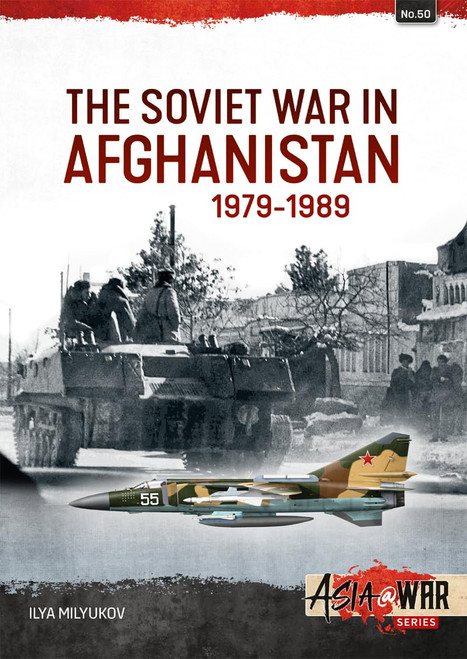Product Description
In February 2019, the Indian Air Force struck at targets in Pakistan in retaliation for a terrorist attack on a convoy of the Indian Central Reserve Police Force in Kashmir. The next day, Pakistan retaliated in an inconclusive air battle. These were the most recent actions in a conflict between the two nuclear powers. Terror and Response examines the genesis of this conflict, going back to the partition of the Indian subcontinent and the subsequent violence and examines the conflict over Kashmir since it flared up in earnest in 1987 after rigged elections. Pakistan’s jihadi groups are examined, as is their role and the support provided by the ISI and the de facto protection conferred by the United States.
The turning point for India’s response started with the Mumbai attacks of 2008. This attack is detailed with its attendant rage within India, the capture of a Pakistani national and the subsequent failure of Pakistan to apprehend or in any way assist in reigning in its proxies. The increasing push for a harsher line against Pakistan and its support for these groups is examined. Terror and Response explores the attempts at reconciliation between 2011 and 2017 and explores how each of these events has been stymied by terror attacks. The attacks on Uri and Pathankot finally spurring an Indian military response. The surgical strikes that followed Uri are examined in detail with Pakistan’s move to hide results by clever control of the media and its selective approach to revealing information. This approach was magnified many times over following the Pulwama attack of 2019 and the Indian retaliation thereafter.
Terror and Response examines the evidence for each side’s claims and presents analysis thereof. Finally, Terror and Response explores India’s complete alteration of the legal status quo by its actions to neutralise the effects of Article 370 of the Indian constitution which has now fully integrated the erstwhile states of Jammu and Kashmir into India and created two new Union Territories.






